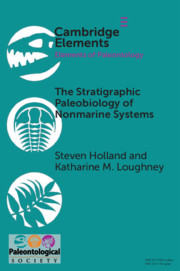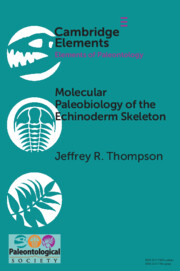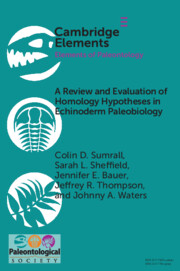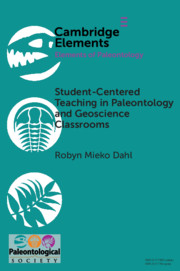The Stratigraphic Paleobiology of Nonmarine Systems
The principles of stratigraphic paleobiology can be readily applied to the nonmarine fossil record. Consistent spatial and temporal patterns of accommodation and sedimentation in sedimentary basins are an important control on stratigraphic architecture. Temperature and precipitation covary with elevation, causing significant variation in community composition, and changes in base level cause elevation to undergo predictable changes. These principles lead to eight sets of hypotheses about the nonmarine fossil record. Three relate to long-term and cyclical patterns in the preservation of major fossil groups and their taphonomy, as well as the occurrence of fossil concentrations. The remaining hypotheses relate to the widespread occurrence of elevation-correlated gradients in community composition, long-term and cyclical trends in these communities, and the stratigraphic position of abrupt changes in community composition. Testing of these hypotheses makes the stratigraphic paleobiology of nonmarine systems a promising area of investigation.
- The first comprehensive attempt to understand the implications of sequence stratigraphy for how the nonmarine fossil record of vertebrates, invertebrates, and plants is structured
- Application of these principles may lead to substantial reinterpretations of patterns of morphological evolution, community change, and the response of biotas to events such as climate change, sea-level change, evolutionary radiations, and mass extinctions
Product details
February 2021Paperback
9781108794732
75 pages
150 × 230 × 5 mm
0.14kg
Available
Table of Contents
- 1. Introduction
- 2. The nonmarine stratigraphic record
- 3. Nonmarine ecological gradients 4. Expression of nonmarine ecological gradients in the stratigraphic record
- 5. Stratigraphic architecture of nonmarine strata
- 6. Sequence-stratigraphic architecture of nonmarine basins
- 7. Predictions for the nonmarine fossil record
- 8. Closing comments
- 9. Conclusions.






